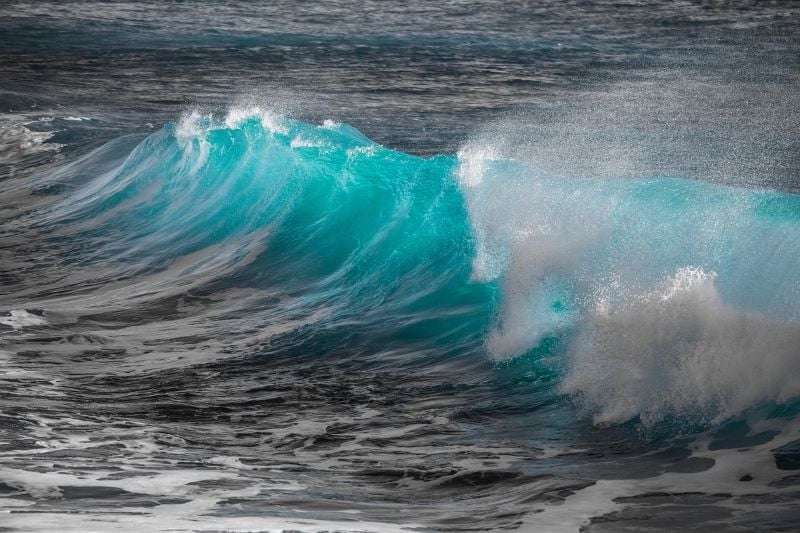On Monday, a group of scientists issued an urgent warning about the significant, yet often underestimated, risk of a collapse in Atlantic ocean currents, a shift that could bring catastrophic consequences, especially for Nordic countries. This critical message comes as Nordic leaders meet in Reykjavik, Iceland, for the Nordic Council summit.
In an open letter to the Nordic Council, the scientists highlighted the pressing need to address “the serious risk of a major ocean circulation change in the Atlantic.” The Atlantic Meridional Overturning Circulation (AMOC), a complex system of ocean currents that includes the Gulf Stream, plays a vital role in regulating temperatures by transporting heat from warmer regions to northern areas, thus impacting living conditions across the Arctic.
A recent study has shown that AMOC has already begun to weaken, a trend that has raised concerns among scientists as it could signify an impending tipping point with cascading and potentially irreversible impacts. If AMOC were to collapse, it would likely bring severe cooling to Nordic countries, even as global temperatures rise elsewhere, drastically altering the region’s climate and ecosystem.
ALSO READ:
https://flarenews.pk/2024/10/28/benefitting-through-sco-and-brics/
While the sixth assessment report by the UN’s Intergovernmental Panel on Climate Change (IPCC) suggests that a sudden collapse of the AMOC is unlikely before 2100, the letter’s signatories argue that recent research indicates the risk may be far more imminent. According to these scientists, the collapse could occur within the next few decades if underestimated factors come into play, challenging prior predictions and sparking new urgency for preventive action.
The impacts on Nordic nations, if such a tipping point is reached, “would likely be catastrophic,” the scientists warned. They forecast that such a collapse would likely result in extreme weather events, severe regional cooling, and could even threaten agricultural viability in northwestern Europe. Moreover, these shifts would have global repercussions, possibly shifting tropical rainfall belts and accelerating sea level rises worldwide.
The Nordic Council, representing Denmark, Finland, Iceland, Norway, and Sweden, convened in Reykjavik to discuss various regional concerns. Ukrainian President Volodymyr Zelensky was also invited to attend the summit, underscoring the broader scope of geopolitical and environmental issues on the agenda.



